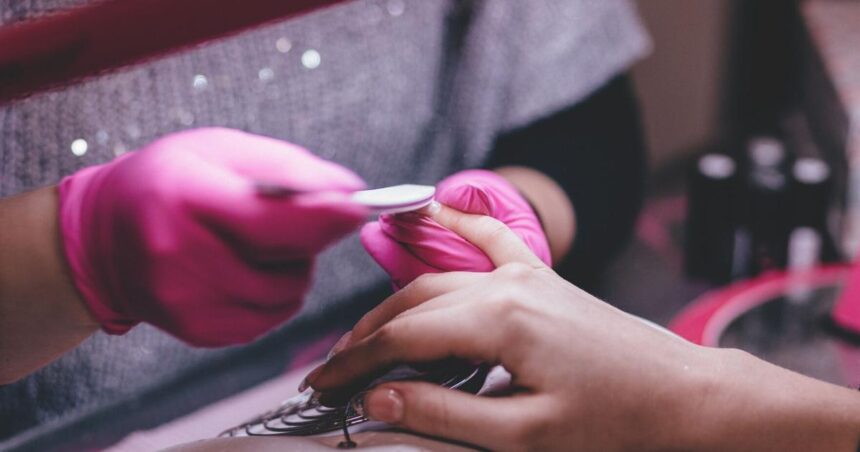Two nail salons in York Region are facing serious charges after health inspectors discovered violations that posed risks to public safety. The salons, located in Vaughan and Richmond Hill, were found to be operating without proper sterilization protocols, according to York Region Public Health officials.
During routine inspections last month, health officers discovered equipment that hadn’t been properly cleaned between clients and incomplete disinfection logs at both locations. The most concerning finding involved reused single-use tools including emery boards and buffers that should have been discarded after each customer.
“These violations aren’t just paperwork issues—they create real infection risks for residents who trust these businesses with their health,” said Maria Santoro, a senior health inspector with York Region. “Proper sterilization prevents the spread of fungal infections, bacterial contamination, and even bloodborne pathogens.”
The charges come amid increased scrutiny of personal service settings across Ontario. Last year, York Region conducted over 900 inspections of nail salons, tattoo parlors, and similar establishments, resulting in 37 compliance orders and 8 formal charges.
At Glimmer Nail Studio in Vaughan, inspectors noted missing sterilization records and improper dilution of disinfectant solutions. Meanwhile, Polished Perfect in Richmond Hill received citations for inadequate training documentation and failure to maintain clean foot baths. Both establishments now face fines up to $5,000 under the Health Protection and Promotion Act.
Dr. Karim Kurji, York Region’s Medical Officer of Health, emphasized the importance of these inspections to CBC News. “Personal service settings handle instruments that may contact blood or bodily fluids. Without proper procedures, clients risk exposure to serious infections including hepatitis B, hepatitis C, or fungal conditions.”
The inspections were triggered partly by a customer complaint about a persistent infection following a pedicure at one of the establishments. Samantha Wright, the Richmond Hill resident who filed the complaint, told me she developed an unusual rash on her foot days after her appointment.
“I never thought a simple pedicure could lead to weeks of doctor visits and medication,” Wright said during our phone interview. “I filed the complaint because I was worried about other customers who might not connect their health issues to their salon visit.”
Local industry representatives acknowledged the importance of health standards while noting the challenges faced by small business owners. Kelly Zhang, who runs a training program for nail technicians in Markham, pointed out the financial pressures on salon owners.
“It costs money to properly train staff and maintain equipment. Some businesses cut corners to stay competitive with pricing,” Zhang explained. “But those savings come at the expense of public health, and ultimately, their business reputation.”
The health unit has ordered both establishments to improve their practices immediately. They’ll need to complete additional staff training and undergo follow-up inspections before their cases proceed to court later this month.
For concerned residents, York Region Public Health maintains an online database where inspection results for all personal service settings are publicly available. Consumers can search for businesses by name or location to review their compliance history before booking appointments.
Dr. Jasmine Singh, an infectious disease specialist at Mackenzie Health, advises residents to be proactive about their safety when visiting nail salons.
“Watch to ensure tools are being removed from sealed packages or properly sterilized equipment,” Singh suggested. “If something doesn’t look clean, speak up or consider finding another salon. Prevention is always easier than treating an infection.”
The Ontario Personal Service Settings Regulation established in 2018 created more stringent requirements for these businesses, including mandatory training for operators. According to the Ministry of Health, inspections across the province have increased by 22% since the regulation took effect.
But York Region Councillor Jim Jones believes more could be done to protect consumers. During last week’s health committee meeting, he proposed increasing the frequency of inspections and implementing a visible grading system similar to those used for restaurants.
“Residents deserve to know at a glance whether a business meets basic health standards,” Jones said. “A letter grade in the window would give consumers immediate information while incentivizing businesses to maintain the highest standards.”
The charged salon owners declined requests for comment. Court dates have been set for later this month, with potential penalties including fines and temporary closure orders if violations aren’t adequately addressed.
York Region residents can report health concerns about personal service settings by calling the public health hotline or submitting complaints through the region’s official website.






